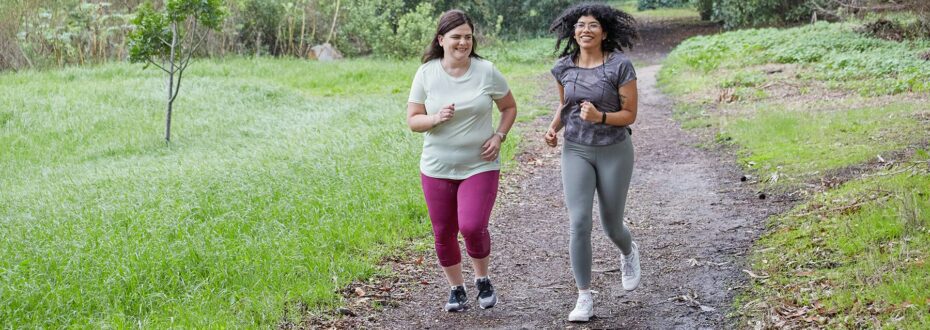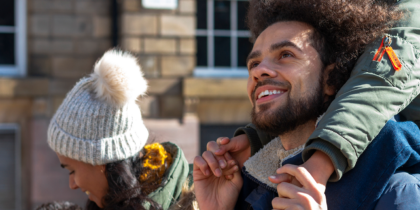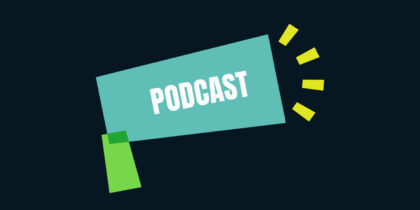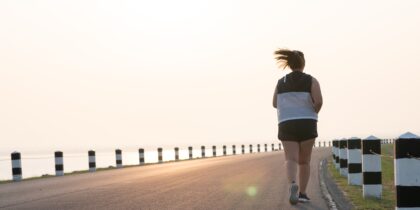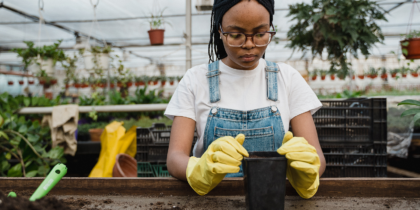We’re pleased to see that Mental Health Awareness Week’s theme this year is ‘movement: moving more for our mental health’ and look forward to discussing how we make exercise accessible to everyone.
There’s no doubt exercise is good for mental health – Peter Walker’s 2021 book The Miracle Pill documented the evidence that physical movement can reduce stress, anxiety and depression whilst increasing self-esteem, cognitive functioning, and social contact.
But, as with most things that are beneficial for health, opportunities to exercise are harder to access for some people who are disadvantaged by society. People living in deprivation, some racialised communities and those with mental health problems (with a considerable overlap between all three groups) struggle to access exercise opportunities, contributing to the gap in health outcomes.
For most of human history we have lived in egalitarian hunter gatherer tribes, close to other people, in the natural environment and physically moving around a lot of the time. Evolutionary psychologists and biologists suggest that the disjunction between how we evolved as hunter gatherers and the way we live now, having designed out most of the exercise, social contact, equality and contact with nature that came naturally to us, accounts for some of the mental health problems so prevalent in modern societies.
Having reduced physical movement through car-dependency, deliveries, automation, and other technology, some people try to compensate through formal exercise (and because they enjoy it!) by going to the gym, running, and playing sports. Of course, these are all laudable activities, but there are many barriers to accessing them. It costs money to use a gym, buy sports equipment, and pay for training, and it takes time to arrange, travel to and take part in these activities. People on low incomes, and people who are time-poor due to working long hours and with caring responsibilities, are much less likely to take part in exercise and sports. Research has also shown that the poorer you are, the less ‘mental bandwidth’ you have for making healthy lifestyle decisions (including exercising) because your thoughts are preoccupied with financial worries.
In addition, women, girls and people from racialised communities can experience different sorts of harassment out exercising that creates further barriers to exercise.
Provision of space and equipment is also unequally distributed – last year Centre for Mental Health used our opportunity to exhibit a garden at the Chelsea Flower Show to highlight unequal access to green space for different communities.
The same sort of inequality plays out in sports spaces, with more deprived areas, and sports more likely to be played by some racialised communities, having less access to resources, again skewing health outcomes. What is important is that local communities are given a meaningful say and the resources needed to provide and maintain the sporting facilities, equipment and coaching they want where they live.
Finally, we know that the life expectancy of people with a severe mental illness diagnosis is 20 years shorter than the general population, mainly due to worse physical health including illnesses caused and worsened by a lack of exercise. In 2020 Centre for Mental Health explored the barriers to exercise for people living with severe mental illness, including struggling to move due to physical pain, a lack of self-confidence to go to the gym, struggling to leave the house, and requiring support to attend exercise classes.
This Mental Health Awareness Week, let’s resolve to remove the barriers – the poverty, the discrimination, and the lack of space, coproduction and resources – that make it so much harder for many people to access exercise and other opportunities to live mentally healthier lives. If we do so, many more really will move more for their mental health, benefitting our whole society.

